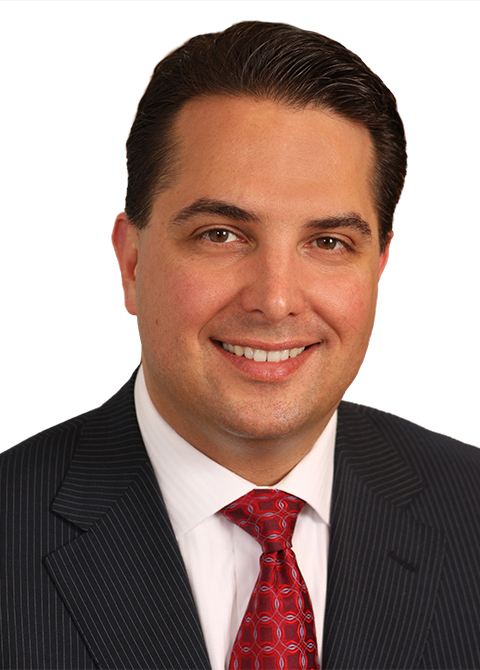Overview and Highlights of Chapter Amendment to S.5825, A.8496
Quick Summary. The State and City of New York and the taxicab industry are approaching an important crossroads in the integration and expansion of wheelchair-accessible cabs.
Read more
- Op-ed in the January 5, 2012 edition of The New York Times entitled "Hailing the Wrong Taxi," by Matthew Daus.
- Print-friendly version of "Overview of Chapter Amendment to S.5825 and A.8496, Including Wheelchair Street Hail Highlights."
Overview
On December 21st, 2011, New York State Governor Andrew Cuomo signed a Chapter Amendment to the laws of 2011 (the "Chapter Amendment") which authorizes New York City ("NYC") to issue (i) up to 2,000 new taxicab licenses to vehicles that are accessible to individuals with disabilities, (ii) 18,000 hail vehicle licenses; (iii) up to 450 hail base permits to for-hire base stations; and to amend the state tax law, NYC administrative code and the state vehicle and traffic law, in relation to taxicabs and hail licenses.
This new law is expected to significantly impact NYC for-hire ground transportation, as well as raise government revenue from the sale of new medallions and hail permits. Highlights include new oversight authority being vested in the Governor via the NY State Department of Transportation (DOT), as well as several direct delegations of authority to the Mayor of NYC and the TLC, with a reduced advisory role accorded to the NYC Council. This new law could increase the total size of the wheelchair accessible fleet to 5832: comprised of 2232 (or 17%) of all 12,237 yellow taxicabs, and up to 3600 of the 18,000 livery street hail permit vehicles. Also, the Chapter Amendment authorizes the first-ever government subsidy fund and grant program in the amount of $54 million for accessible vehicle wheelchair ramp retrofitting. In addition to the staggered issuance of permits, several significant reports must be prepared on the new hail permits and accessibility initiatives. Other provisions authorize a 50 cent surcharge to apply to these new vehicles, to be paid by passengers and collected and recorded by owners. Holding it all together are increased fines and penalties for engaging in illegal street hails without required permits. The Chapter Amendment has many nuances and the implementation of these systemic changes will be determined largely by subsequent regulations, studies, legal interpretation and litigation. Subsequent TLC regulations will govern the procedures for not only medallion auctions, but also for how the new base and vehicle hail permits and accessible grants will be distributed.
To further complicate developments, just two days after the passage of this new law, Federal District Judge George Daniels issued a decision in Noel v. TLC that appears to halt the issuance of any permits under the Chapter Amendment until he approves a TLC plan. This legal action was commenced by disability advocates, and the Court found that the TLC discriminated against wheelchair users under the Americans with Disabilities Act (ADA). While the legislative intent of the Chapter Amendment concludes that taxis and liveries are part of the "mass transit system", the Court found that the TLC does not operate a "public transportation system" under the ADA. However, the Court did find that based on the limited number of approved wheelchair accessible vehicle models and vehicles in the overall fleet, that the TLC does not provide "meaningful access" for disabled passengers in violation of the ADA.
Related Material
Full text of this regulatory update plus "Wheelchair Street Hail Highlights" is available here. This is not intended to contain legal advice or opinion, but is being provided for your informational purposes.
Contact
If you wish to obtain further information, guidance or advice concerning the potential impact of this new legislation on your business, please contact Matthew Daus at mdaus@windelsmarx.com or at (212) 237-1106.
About Transportation
Windels Marx is dedicated to serving ground transportation and related businesses. We counsel companies of all sizes on a broad range of transportation matters, including regulatory compliance, strategic planning, administrative law, and public policy throughout the United States and internationally. We also work with government regulators - both domestic and foreign - that seek our assistance in improving their transportation services or re-engineering their systems and infrastructure. Combining regulatory expertise, a multidisciplinary approach, and a solid grasp of the transportation industry's unique operations and issues, we help clients to solve complex legal problems and achieve their business goals. At the same time, we never lose sight of the need to promote public safety and enhance customer service.
Learn more about Transportation.
